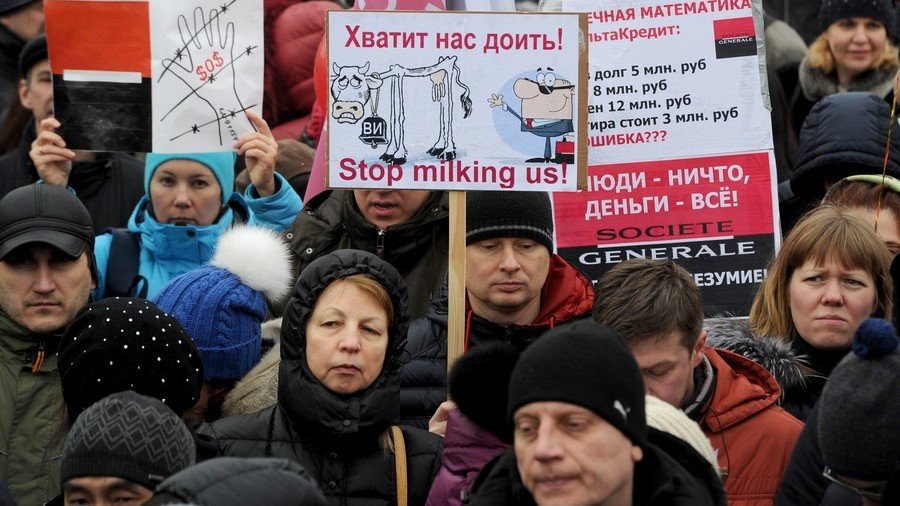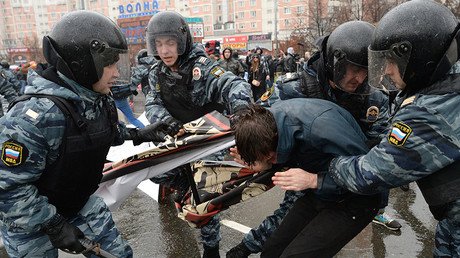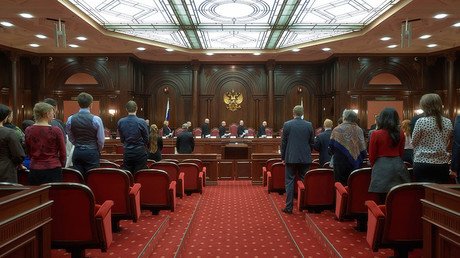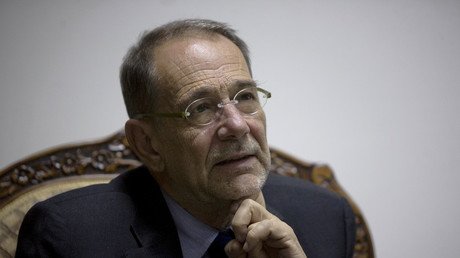Russian Supreme Court softens rules for street protests

The Russian Supreme Court has ruled that municipal authorities cannot deny a request for a protest rally because of inconveniences it could bring to non-participants, but noted that protests should not obstruct traffic.
On Tuesday, the Plenum of the Russian Supreme Court passed a statement concerning the practical application of the updated law on street rallies in which it emphasized that organizers of such events must get a license from municipal authorities. At the same time, the court judges significantly cut the list of reasons that allow bureaucrats to deny applications for rallies, in particular saying that this cannot be done because of fears that protests would cause inconveniences to pedestrians.
The court ruled that legal rallies must not cause traffic accidents or violate any transport safety rules. The judges also agreed that organizers must get a permission for protests even in cases when such protests are held on private sites, such as shopping malls or other facilities with free access to visitors.
In addition, the court judges decided that the terms in which the application should be submitted – no sooner than 15 days and no later than 10 days ahead of the planned event – should not include the actual date when the document is filed in. The officials must then sanction the event or propose an alternative venue for it within three days, even if one of these days is a holiday. Lack of any reply can be considered by event organizers as a go ahead.
The statement reads that police can detain participants of sanctioned protest rallies when there are grounds to suspect that these people would repeatedly commit violations or flee from justice and, in exceptional cases, when it is absolutely necessary for the detainees’ identification.
The existing Russian law on rallies was introduced in June 2012 – a short time after a large-scale protest rally in Moscow erupted in riots and clashes with police, leading to arrests and criminal prosecutions. The new law greatly increased the fines for violating the strict rally rules and also toughened the rules on licensing public events. The steps were met with harsh criticism from human rights activists – both from NGOs and official bodies – and the authorities subsequently introduced several corrections to the law.
Think your friends would be interested? Share this story!
















